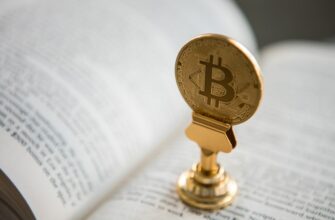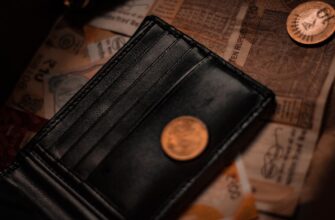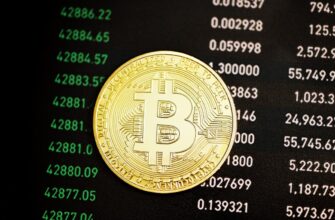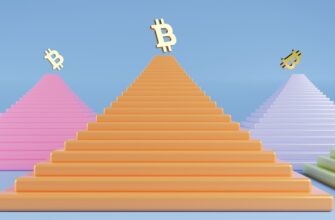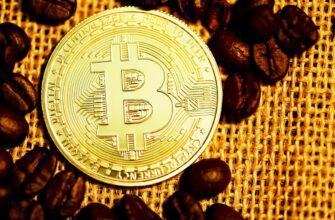Introduction: The Rise of P2P USDT Trading in Pakistan
In Pakistan’s evolving financial landscape, the P2P USDT rate has become a critical metric for crypto traders and everyday users seeking stability amid economic volatility. Tether (USDT), a dollar-pegged stablecoin, offers a hedge against the Pakistani rupee’s fluctuations, with peer-to-peer (P2P) platforms enabling direct transactions between buyers and sellers. With traditional banking restrictions limiting crypto access, P2P markets on exchanges like Binance and LocalBitcoins have surged, making understanding the P2P USDT rate in Pakistan essential for secure, profitable trading. This guide explores how these rates work, influencing factors, and strategies to navigate this dynamic ecosystem safely.
How P2P USDT Trading Works in Pakistan
P2P USDT trading connects buyers and sellers directly via crypto exchanges, bypassing intermediaries. Here’s the typical process:
- Platform Selection: Users register on P2P marketplaces like Binance, Paxful, or LocalBitcoins.
- Listing Offers: Sellers post USDT ads with preferred rates and payment methods (e.g., bank transfer, Easypaisa).
- Transaction Initiation: Buyers select an offer, lock the P2P USDT rate, and send PKR to the seller.
- Escrow Protection: The platform holds USDT in escrow until the seller confirms PKR receipt.
- Completion: Once verified, USDT releases to the buyer’s wallet. Rates vary by seller, demand, and payment speed.
Key Factors Influencing P2P USDT Rates in Pakistan
The P2P USDT rate in Pakistan isn’t fixed—it responds to local and global pressures. Major influencers include:
- PKR Devaluation: As the rupee weakens against the USD, demand for USDT spikes, pushing P2P rates above global averages.
- Regulatory Climate: State Bank of Pakistan restrictions create scarcity, often inflating premiums by 2-5%.
- Supply/Demand Imbalance: High buyer demand with limited seller liquidity drives rates up, especially during economic uncertainty.
- Payment Method Risks: Bank transfers offer lower rates than riskier methods like cash deposits due to chargeback fears.
- Global Crypto Trends: Bitcoin volatility can indirectly affect USDT demand as traders seek stable assets.
How to Find the Best P2P USDT Rates in Pakistan
Securing competitive rates requires strategy. Follow these steps:
- Compare Platforms: Scan Binance, Paxful, and LocalBitcoins simultaneously—rates can differ by 1-3%.
- Filter by Payment Method: Bank transfers typically offer better P2P USDT rates than mobile money services.
- Check Seller Metrics: Prioritize traders with 95%+ completion rates and 100+ transactions to avoid scams.
- Time Your Trade: Rates dip during low-activity hours (e.g., late night); avoid peak demand periods like month-end.
- Use Limit Orders: Set your desired rate instead of accepting listed prices for potential savings.
Risks and Safety Tips for P2P USDT Trading
While lucrative, P2P trading carries risks. Mitigate them with these precautions:
- Common Risks:
- Fraudulent chargebacks after PKR payment.
- Account freezes from banks flagging crypto-linked transactions.
- Regulatory crackdowns on unauthorized platforms.
- Price manipulation by large-volume sellers.
- Safety Measures:
- Always use platform escrow—never trade outside it.
- Record screen videos during transactions as evidence.
- Start with small amounts to test new sellers.
- Verify seller ID matches bank account names.
- Avoid “too-good-to-be-true” rates—they often signal scams.
FAQs: P2P USDT Rate in Pakistan
Q1: Why is the P2P USDT rate higher than global exchanges in Pakistan?
A1: PKR devaluation, banking restrictions, and high demand create a premium—often 3-8% above global averages.
Q2: Is P2P USDT trading legal in Pakistan?
A2: While not explicitly illegal, the State Bank prohibits banks from processing crypto transactions. P2P operates in a regulatory gray area but remains widely accessible.
Q3: How often do P2P USDT rates change?
A3: Rates fluctuate hourly based on market activity. Major PKR movements or regulatory news can cause sharp shifts.
Q4: Can I negotiate P2P USDT rates with sellers?
A4: Yes! Many sellers accept counteroffers, especially for large trades. Use platform chat features to discuss rates.
Q5: What’s the safest payment method for P2P USDT in Pakistan?
A5: Bank transfers with escrow protection are recommended. Avoid cash deals due to high fraud risk.

